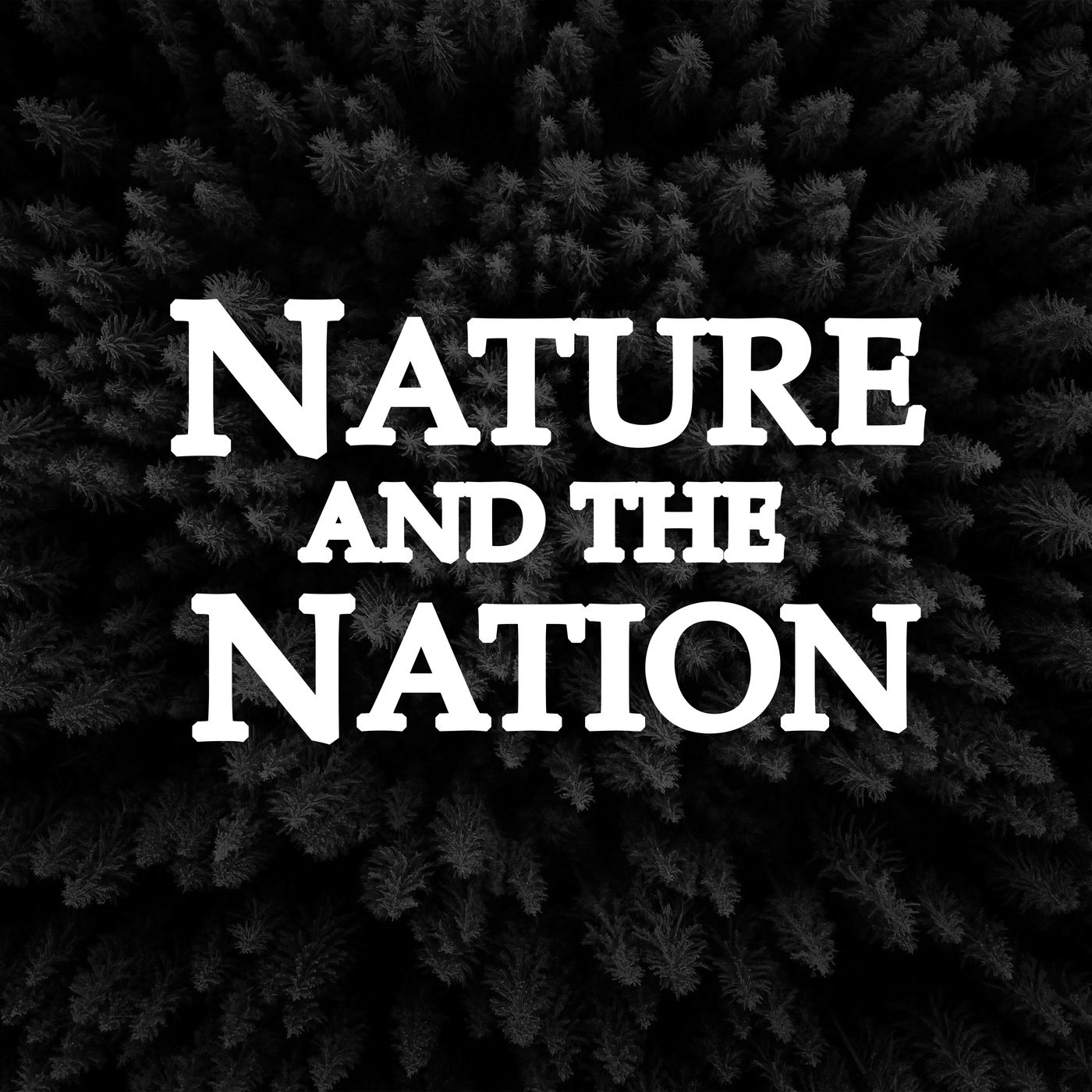

Nature and the Nation
Dylan John
Nature and the Nation explores politics, philosophy, psychology, sociology and economics from a naturalistic, paleoconservative perspective, using the format of a book review.
Episodes
Mentioned books

Jul 9, 2022 • 1h 19min
Review: Early Greek Philosophy by John Burnet
In this episode I look at the pre-Socratic philosopher Parmenides, the goddess Ananke, the biases of scholars, mythology, and determinism in John Burnet's Early Greek Philosophy.

May 22, 2022 • 53min
Review: Heraclitus by Philip Wheelwright
In this episode I examine Philip Wheelwright's Heraclitus, in particular the study of Heraclitus as a pluralist opposed to the monism of Parmenides.

May 1, 2022 • 1h 20min
Review: The Beginning of Western Philosophy by Martin Heidegger
In this episode I look at the beginning of the question of Being in Martin Heidegger's The Beginning of Western Philosophy. I spend the most time in the middle section of the book, which provides a condensed and comprehensible overview of Heidegger's project and his search for the origins of Western philosophy in the pre-Socratic Greek thinkers such as Anaximander.

Apr 16, 2022 • 45min
Review: Elements of Pantheism by Paul Harrison
In this episode I review and respond to Elements of Pantheism by Paul Harrison. I include my comments and questions regarding Reality, Matter, the Universe, Nature, and Justice.

Apr 11, 2022 • 57min
Review: Philosophy in the Tragic Age of the Greeks by Friedrich Nietzsche
In this episode I look at Nietzsche's early examination of the Pre-Socratic philosophers, with a focus on Anaximander, Heraclitus, and Parmenides. The concepts of being and becoming, and the differences among philosophers regarding these concepts, are addressed.

Apr 4, 2022 • 1h 30min
Review: Religion of the Greeks and Romans by Karl Kerenyi
In this episode I examine Ancient Greek concepts such as aidos, sebas, eulabeia, nomos, and themis through Kerenyi's ground-breaking Religion of the Greeks and Romans. I also examine the ancient acceptance of death, in the context of our own modern hostility to human mortality.

Mar 15, 2022 • 1h 8min
Review: Greek Religion by Walter Burkert
In this episode I examine some of the qualities of polytheism, with a particular focus on Athena as presented by Walter Burkert in his classic treatise, Greek Religion.

Dec 7, 2020 • 1h 7min
Review: Sexual Personae by Camille Paglia
In this episode I look at Camille Paglia's Sexual Personae, in particular her deep dive into Apollo and Dionysus as archetypal social drives.More at natureandthenation.com

Dec 6, 2020 • 52min
Review: The Birth of Tragedy by Friedrich Nietzsche
In this episode, I look at Nietzsche's first book, The Birth of Tragedy. I take care to examine his impressions of Apollo and Dionysus as potentially political archetypes of social, aesthetic, behavioral and ontological experiences.More at natureandthenation.com.

Dec 4, 2020 • 1h 39min
Review: The Basic Writings of Carl Jung edited by Violet Staub De Laszlo
In this episode I look at the most fundamental components of the Basic Writings of Carl Jung including empiricism, the unconscious especially the collective unconscious, and the archetype.More at natureandthenation.com


